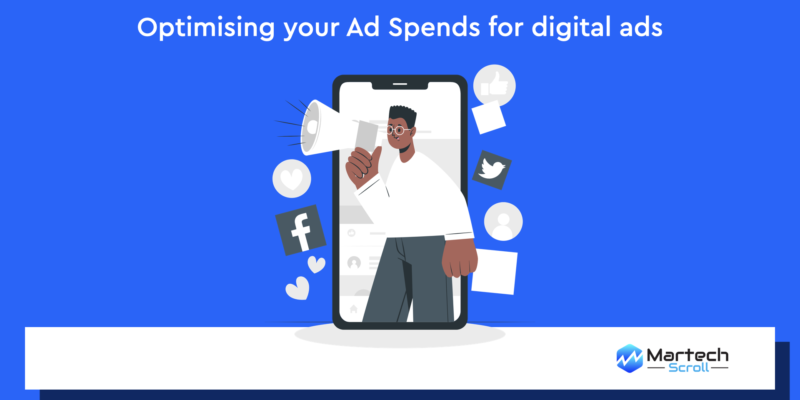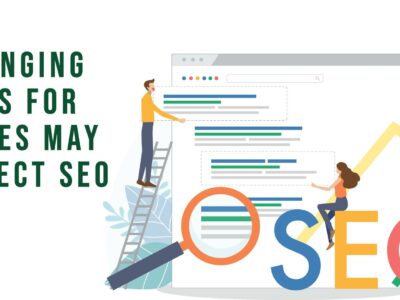When it comes to calculating your digital ad spends, you must keep an open mind. In other words, consider your digital advertising budget to be a range of possible expenditures that, if done correctly, can vary based on holidays, seasonality, day of week, time of day, consumer behavioural patterns, and even weather changes.
Here are a few things you need to keep in mind while setting a reasonable ad spends budget for your digital campaigns.
Test small then scale your ad spends
You’ll start with small doses of testing. You will notice trends and behaviours that can be capitalised on as you test and collect data.Â
How much sales revenue do you generate for every dollar spent on digital advertising? Then, to see your ROI, you can zoom out even further. You can increase your ad spends gradually once your campaigns are profitable
Because there are so many variables to test, there is a lot that goes into ad testing: Audiences, Targeting, Keywords, Positioning, ad copy, CTAs, visual design and assets, landing pages, and many other variables. Of course, tests should be conducted scientifically, with only one variable per test and the rest of the ad serving as a control.
What is the purpose of your ad spends?
Before even considering a budget, the first step is to define your company’s goals.
Are you willing to forego profit in order to expand? You can operate on lower margins for a while while focusing on customer acquisition and retention only if your business goals align with it.
The second thing to think: What do you hope to achieve with your marketing strategy? Is it brand recognition, website traffic, leads, or sales that are important? Your goal will determine the nature of your advertising strategy and the size of your budget.
Set Revenue Targets
The first step in determining your ad spending is determining how much revenue you want to generate from digital ads in the next 30 days.
Determine how many units you’ll need to sell once you’ve determined your revenue target. To calculate this figure, divide your total revenue by the cost (or average cost) of your offer.
Set Leads Targets
You’ll need to calculate how many landing page views or leads you’ll need from your digital ads once you’ve determined how many units you’ll need to sell to meet your sales target. To do so, you’ll need your average sales conversion rate.
You can use industry averages for this. However, if you have previous work data, enter it into this formula.
Calculate Ad Spends Required
The final step is to establish a budget for digital advertising. Multiply the number of leads required by the cost per lead to arrive at this figure. Alternatively, multiply the number of landing page views by the cost per view.
Testing phase for your ad campaign will help you find your average cost per lead here.
What if you decide that you don’t want to spend that much money on ads now that you’ve calculated your digital ad spend budget? You can create a budget that works for you by simply adjusting your numbers.
Optimise continuously as per your business needs
In general, in the B2C space, your cost per lead and cost per landing page view will be lower, as will your sales conversion. Consumers are more difficult to sell to because they require more brand touchpoints.
However, in the B2B space, you will almost certainly pay a higher cost per lead. You may be at or near the top of the industry averages, but directing someone to your landing page or webinar will increase your sales conversion.
Following this simple digital ad budget formula will help you determine how much money you will need to spend on ads in order to meet your sales goals. If you arrive at a figure that is higher than you are willing to spend, go back and adjust the numbers until you arrive at a budget that works for your business.









Comments